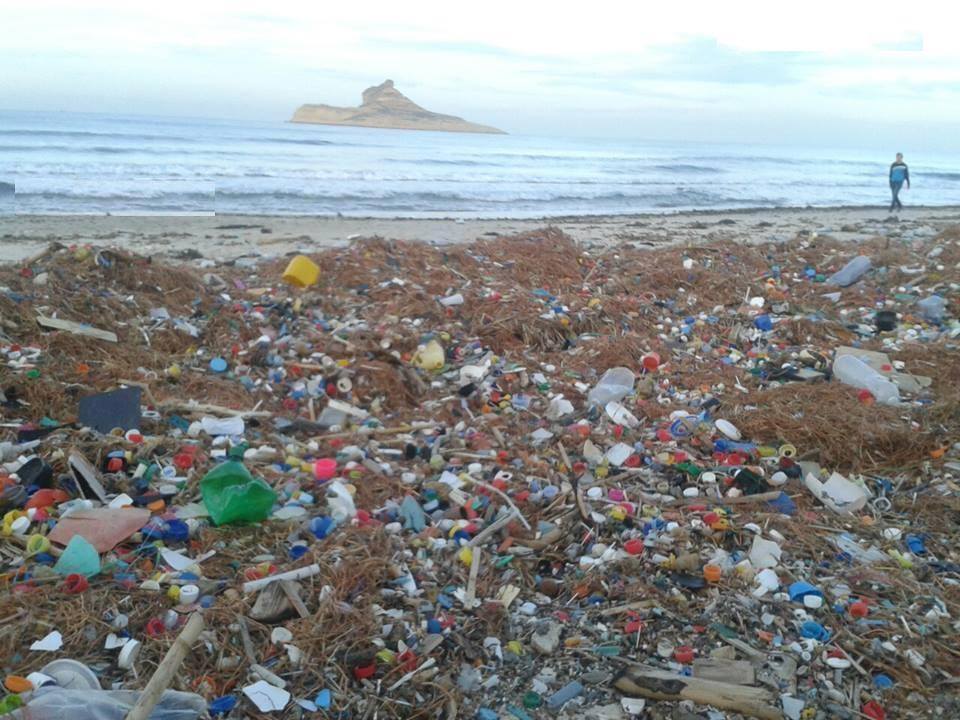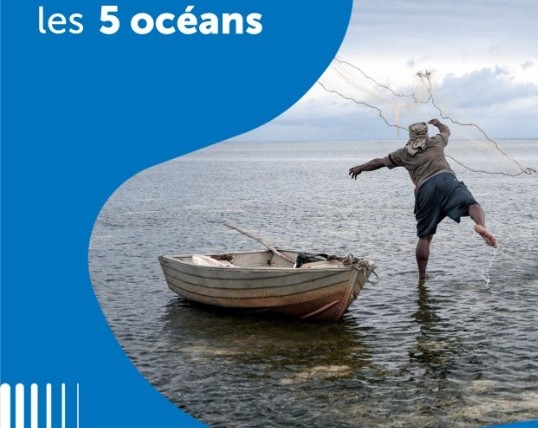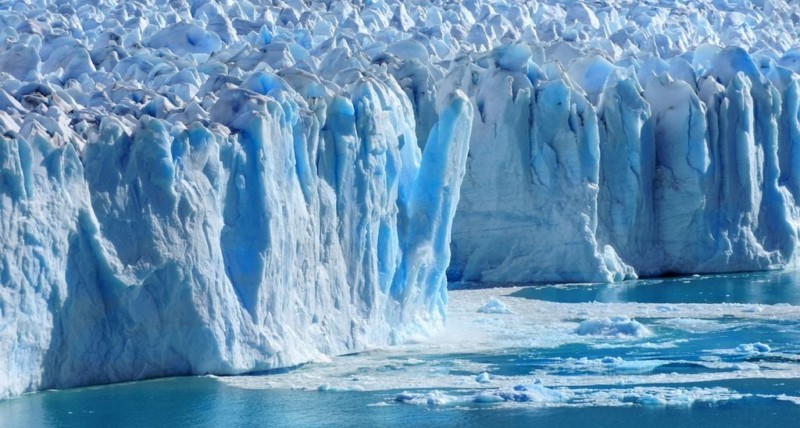The alert has been sounded: more than 84% of the waste present on the Tunisian coasts is plastic! An alarming figure which highlights the extent of plastic pollution which threatens the country’s coastline. These data, from the “Adopt a Beach” campaign led by WWF Tunisia, paint a worrying portrait of the state of our coasts. The black spots of this plastic pollution are mainly located in the Kheireddine canal, the Gulf of Gammarth and the Chott Limaoua in the Gulf of Gabès, where waste accumulates dangerously.
Plastic pollution does not just disfigure our coastal landscapes. It represents a real danger for the environment and human health. Plastic waste, by fragmenting into micro-plastics, infiltrates marine food chains, contaminating fish and birds, and threatening the health of the populations who consume them.
Faced with this danger, WWF Tunisia is sounding the alarm and calling for collective mobilization. The Adopt a Beach initiative plays a crucial role in monitoring and collecting data on plastic pollution.
Moreover, WWF Tunisia also carries out environmental education activities among younger generations, striving to introduce environmental education as a school subject. A message of hope which suggests a growing awareness of this major environmental challenge.
Tunisia generates more than 2.5 million tonnes of waste per year, 10% of which is plastic. Furthermore, 500 thousand tonnes of this plastic waste ends up in the sea each year, causing considerable damage to marine ecosystems and human health.




